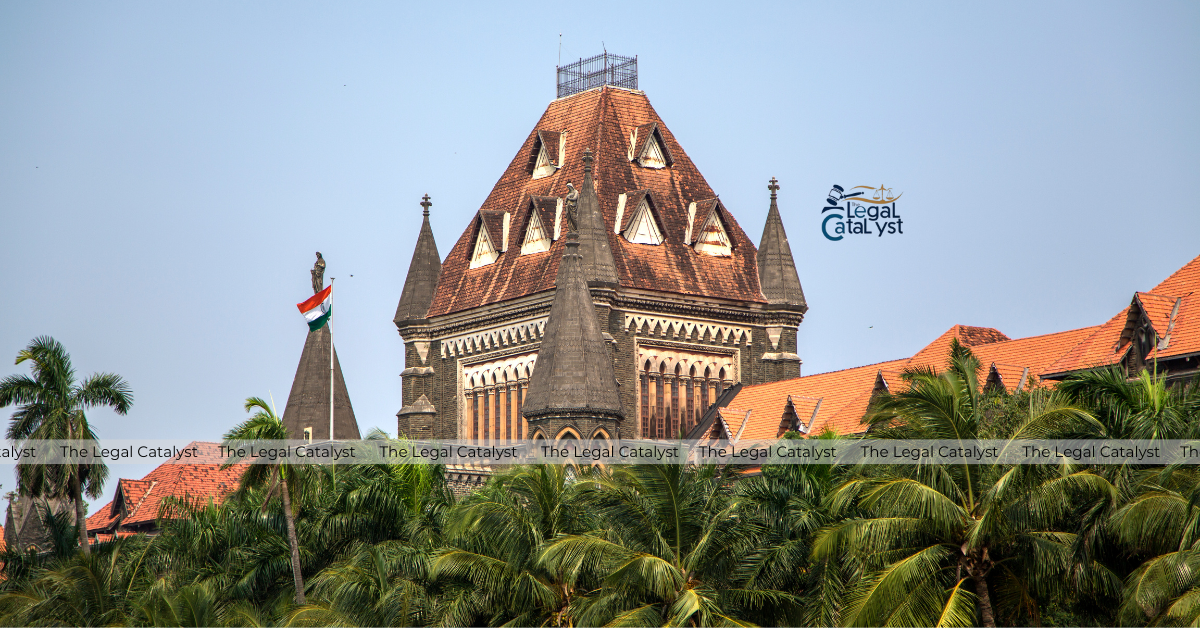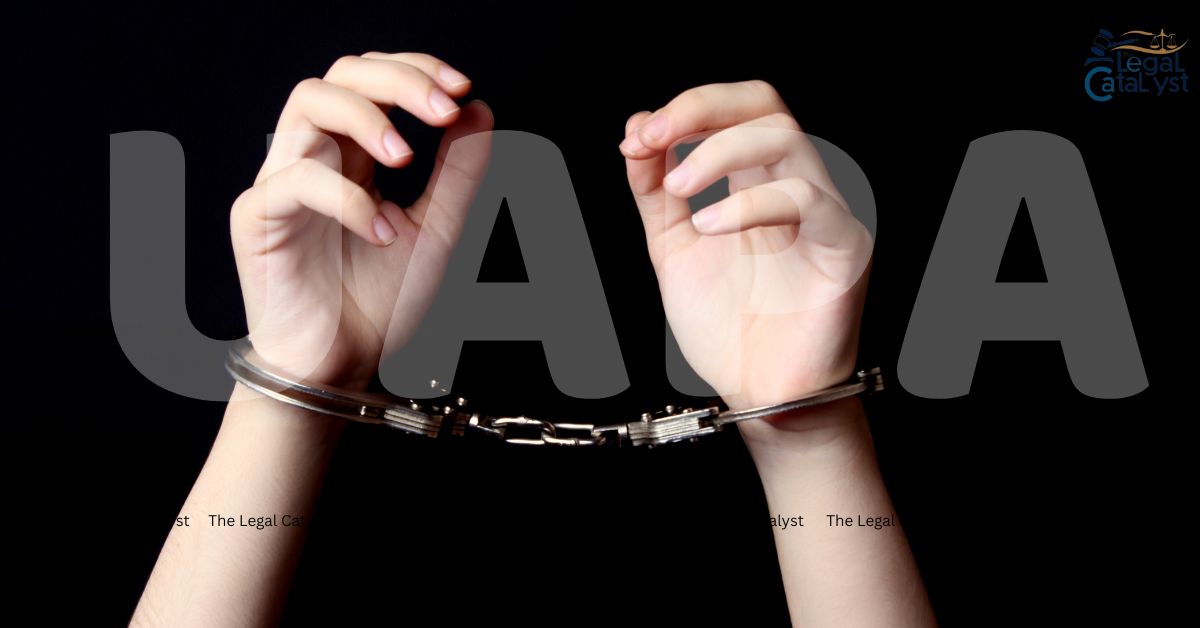The Bombay High Court on Monday acquitted all 12 men convicted in connection with the 2006 Mumbai train blasts. The bombings killed 187 and injured over 800. This decision overturns the 2015 judgment of a special MCOCA court. The special court had awarded death and life sentences.
The verdict was delivered by a Division Bench of Justices Anil Kilor and Shyam Chandak. They called into question the integrity of the investigation and prosecution. The Court found that the convictions were based on evidence riddled with procedural lapses, unreliable witness testimonies, and custodial confessions allegedly extracted through torture.
“Creating a false appearance of having solved a case by presenting that the accused have been brought to justice gives a misleading sense of resolution. This deceptive closure undermines public trust and falsely reassures society, while in reality, the true threat remains at large,” the Court observed.
The case, The State of Maharashtra v. Kamal Ahmed Mohd. Vakil Ansari and Ors, pertains to the coordinated bomb blasts. These Mumbai train blasts struck seven local trains in Mumbai on July 11, 2006, during evening rush hour. The explosions occurred within a six-minute span between 6:23 PM and 6:29 PM. They took place in first-class compartments. The result was massive casualties and citywide panic.
Background and Earlier Convictions
In 2015, a special court under the Maharashtra Control of Organised Crime Act (MCOCA) convicted 12 accused. Five were sentenced to death, and seven were awarded life imprisonment. The verdict relied heavily on confessions recorded under MCOCA provisions and forensic evidence. It also depended on testimony from various witnesses, including taxi drivers, shopkeepers, and police officers.
Following appeals filed by the convicts, the High Court re-examined the evidence and procedural conduct of the investigation.
Connect with us on Instagram – X – LinkedIn for daily updates, quizzes, and other materials.
Key Grounds for Acquittal
1. Delayed and Unreliable Witness Testimonies
The Court noted that key eyewitness accounts were recorded over 100 days after the blasts. The Test Identification Parades (TIPs) were conducted nearly four months later. This delay, the Bench said, severely undermined the reliability of the identifications.
Two taxi drivers who allegedly dropped off some of the accused at Churchgate Station were unable to convincingly identify them. Another prosecution witness, presented as having seen bomb assembly, was discredited during cross-examination. A third witness had served as a panch witness in multiple unrelated cases. The Court referred to this witness as a “stock witness.”
2. Failure to Examine Key Witnesses
The Court observed that the prosecution did not examine several important witnesses. These included an injured commuter who had assisted in suspect sketches just days after the incident. They also included a shopkeeper alleged to have sold pressure cookers to the accused. Other passengers who were aboard the affected trains were not examined either.
“An adverse inference needs to be drawn against the prosecution for not examining material and important witnesses,” the Court stated.
3. TIPs Conducted by Unauthorized Officer
An officer carried out the TIPs. His term as a Special Executive Officer had lapsed at the time of the identification exercise. His appointment was renewed only after the TIPs had taken place. The Court ruled this made the identification process invalid in law.
4. Confessions Tainted by Alleged Torture
A crucial part of the prosecution’s case rested on confessional statements from 11 of the accused. The Court found that many of these statements were nearly identical in content. Their sequence also cast doubt on their voluntary nature.
Medical records from KEM and Bhabha Hospitals supported claims of custodial torture, including beatings, sleep deprivation, and physical abuse.
“It is beyond the realm of reasonable imagination that the sequence of names mentioned in two separate confessional statements would be exactly the same,” the judgment noted.
5. Improper Handling of Explosive Evidence
The Court criticized the handling of materials such as RDX, circuit boards, and detonators allegedly recovered during the investigation. It found that the chain of custody was not properly established, and forensic protocols were not followed.
“The evidentiary value of these recoveries does not attach any importance on the ground that the prosecution failed to establish proper custody and sealing until the articles were taken to FSL,” the Bench said.
Reaction and Implications
The verdict is likely to spark debate over investigative standards. It will also raise questions about the use of special anti-terror laws like MCOCA. Additionally, it concerns the ethics of custodial interrogation. Defense counsel welcomed the judgment as a long-overdue correction. However, family members of the victims expressed disappointment. They are concerned over the fate of justice.
Legal experts suggest that the State may approach the Supreme Court against the High Court’s decision. A fresh investigation or retrial remains uncertain at this stage.
The judgment underscores the principle that convictions must be grounded in credible, legally admissible evidence. The rights of the accused must be respected, even in cases involving grave national security concerns.
Also Read
Sabarimala Helicam Ban: Kerala High Court Restricts Media to Protect Sanctum Sanctorum




